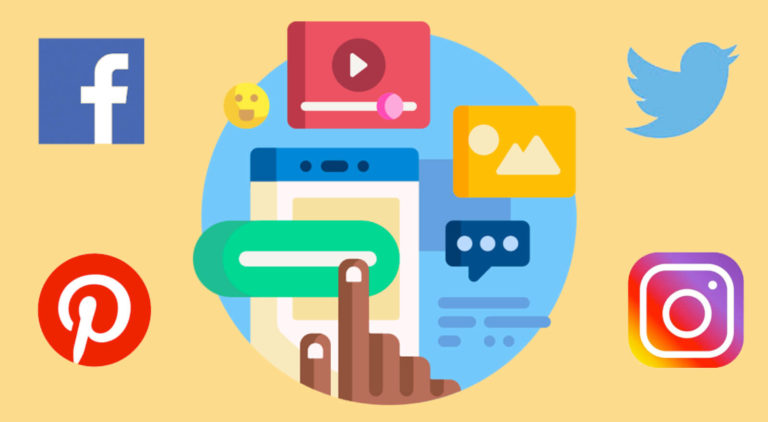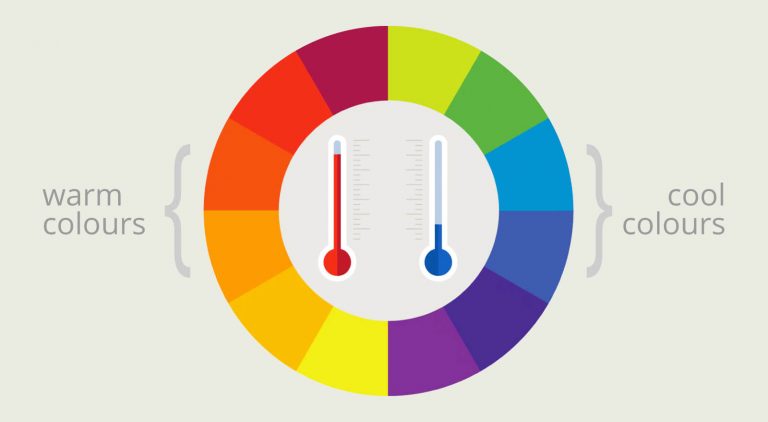3 design myths you shouldn’t believe! Being a graphic/web designer (or any kind of creative entrepreneur for that part) is extremely hard. We work usually more than 40 hours a week, but if we work from home, it’s assumed that we really don’t even “work.” We are often misunderstood — people don’t know always know what it is that we do, how we make our money or they think that we actually have a “fun and easy” job and make “a lot.” On the flip side, other people think that because design is a type of fine art, we are all starving artists — not seeing it as a communications career option as well, realizing the numerous and amazing job opportunities that exist in print and digital design, all over the globe for some of the world’s largest companies. The misinterpretations are endless about what a day in the life of a designer is like and sometimes, it’s exhausting to explain things about our jobs and business over and over again.
While we absolutely do what we love and we think we are pretty good at it, we also know that a lot went into getting us to this point in our career, running a business full-time has its share of downs and design is not something that just anyone can pick up and do. And, while it doesn’t matter what anyone thinks, necessarily, today, we are still going to quickly talk about three COMPLETE myths that we have come across countless times while working in the design field. We are taking a moment to debunk each one because they’re quite frankly, just SO not true!
Here we go…
1) “Design is so easy, anyone can do it!”
Anyone can design, but not everyone can do it well (or should!) Just because you’re somewhat creative, can navigate your way around InDesign or Photoshop just enough to get by or are a pro when it comes to creating images in Canva (which are all great things, by the way!) — does not necessarily mean that you’re a designer. We are all for a business owner having those basic skill sets and utilizing them to DIY things and save money, but again, it doesn’t make them a professional at it. We can pour Bleach down the sink for a temporary fix, but that doesn’t make use a plumber. Designers have poured time, blood, sweat, tears, LOTS of money and energy into getting where they are. They are experts at knowing trends, keyboard shortcuts, can be creative and turn projects around on time if needed. It’s not easy to stare at a computer screen all day, hustle out revision after revision of client projects, know design programs inside and out and be able to communicate with the said client. Sometimes, people see the end results of designs, which are often very simple and minimal, so they don’t think that they’ve taken a long time to create. What they don’t know is (ironically, quite the opposite) all of the work and time that went into achieving that simple logo or functional website. Sit in a designer’s chair and knock out what they do even for just a few hours and you will quickly learn and come to extremely respect what they REALLY do and why they’re the ones doing it!
2) “The client is always right!”
Although serving clients (and often under-promising and over-delivering is a huge aspect of the job) – sometimes, the client is not always right. A client hires a designer and should trust that they know best and that he or she is the professional. A designer should ultimately make the client happy, but it’s also part of the designer’s job to tell the client what they need and what is best. Don’t be afraid to speak up – after all, they’re paying YOU to do YOUR job and to make them look good. Communicate your professional opinions. Your client will actually understand and appreciate them more than you might think!
3) “After graduating with a design degree, you never have to go back to school!”
I felt such a huge burnout when I graduated college 18 years ago, I could not even imagine sitting in another class or studying for another exam. I once considered going back for my Masters for the next educational year, but that was a quick and fleeting moment in June of 2000, as I received my long-awaited higher national diploma and again, could not imagine pushing another nugget of knowledge into my brain for the year. After time went by and I was totally focused on my professional job as graphic/web designer and came to realize a year or so later how important continuing education was. Any professional, in any field, should always seek opportunities to keep learning and be involved with professional development, whether it’s attending an evening workshop, registering for a semester-long course or participating in a conference. You will never stop learning. Especially in the design field, technology is always changing and you must stay current and relevant with the latest trends, techniques, and software. It’s crucial to keep exercising your brain, opening your mind and (stay) excited to keep growing and evolving as a professional (and expert) forever.



